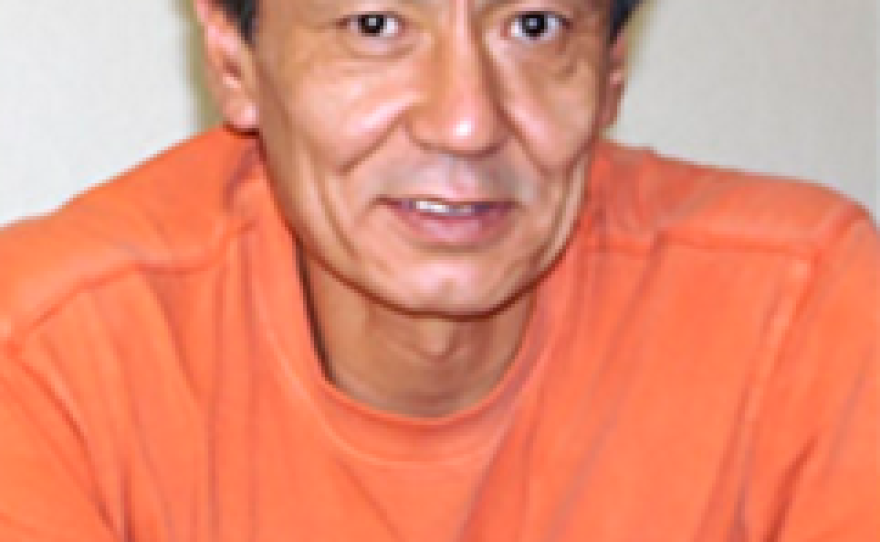A San Diego police officer who fatally shot a homeless mentally ill man in the Midway District last year is now facing a federal civil rights lawsuit after allegedly firing his duty weapon into a crib in February, though the crib was empty at the time.
The most recent shooting happened as Officer Neal Browder and other officers were searching an apartment on Bayview Heights Place in the Oak Park neighborhood during a probation check Feb. 20, the San Diego Union-Tribune reported.
Kimberly Espinoza, 17, told the Union-Tribune if her then 11-month-old son had been in the crib, he "wouldn't be here today." Her uncle, who also lives in the apartment, was the subject of the routine probation check during which the shooting happened.
Browder first made headlines after fatally shooting Fridoon Nehad, 42, on April 30.
He was responding to a call about a man threatening people with a knife when he fired one shot just 32 seconds after pulling up to the scene. It was later determined Nehad had been twirling a shiny metallic pen. The District Attorney's Office ultimately ruled the shooting was justified.
Nehad's family later filed a lawsuit in federal court, alleging the shooting violated Nehad's civil rights, was unjustified and the SDPD's investigation of officer-involved shootings were flawed, the Union-Tribune reported.
A lawyer for the Nehad family said the most recent shooting would be brought up in a pending civil case, the Union-Tribune reported.
The shooting of Nehad also led to increased scrutiny of the police department's use of so-called body cameras. The incident was not recorded by the involved patrolman's shirt-mounted mini-camcorder.
The shooting was captured on surveillance video, but the tape was confiscated as part of the investigation. Attorneys for the Nehad family got the video when they sued but had to agree not to release it. A judge later ruled that the protective order would be lifted, allowing the video of the shooting to be made public.






